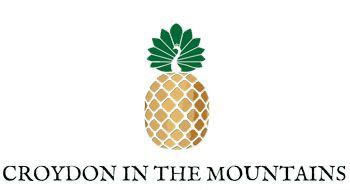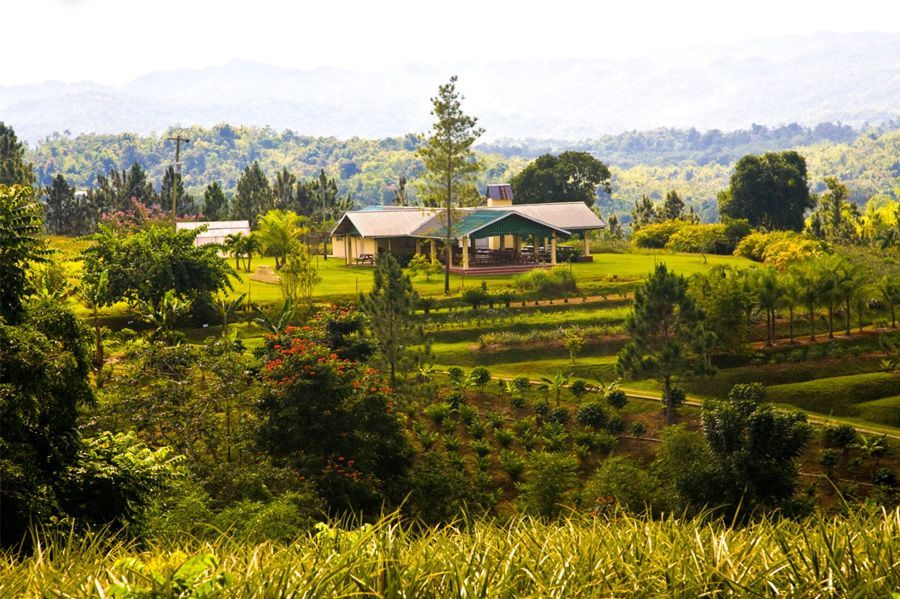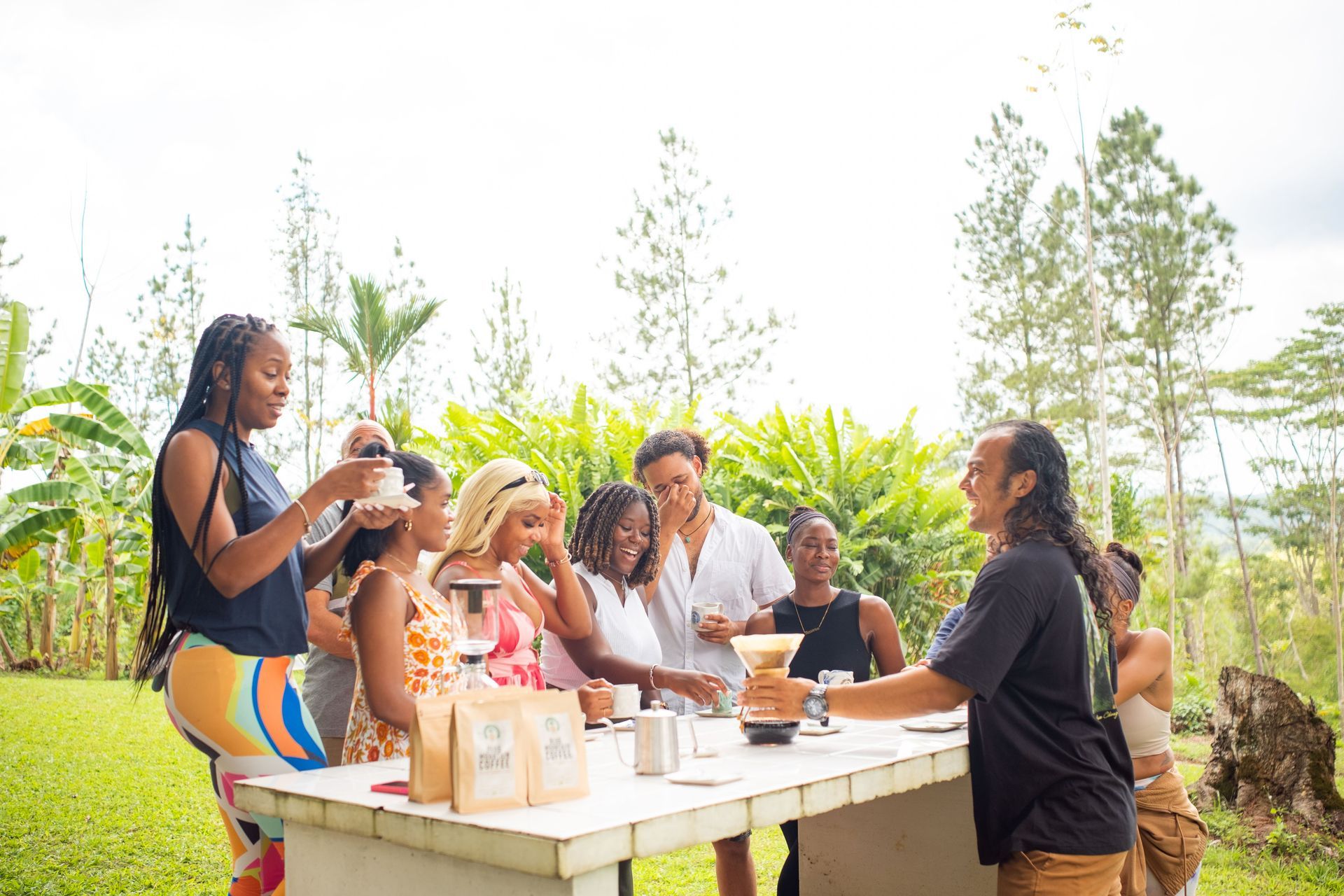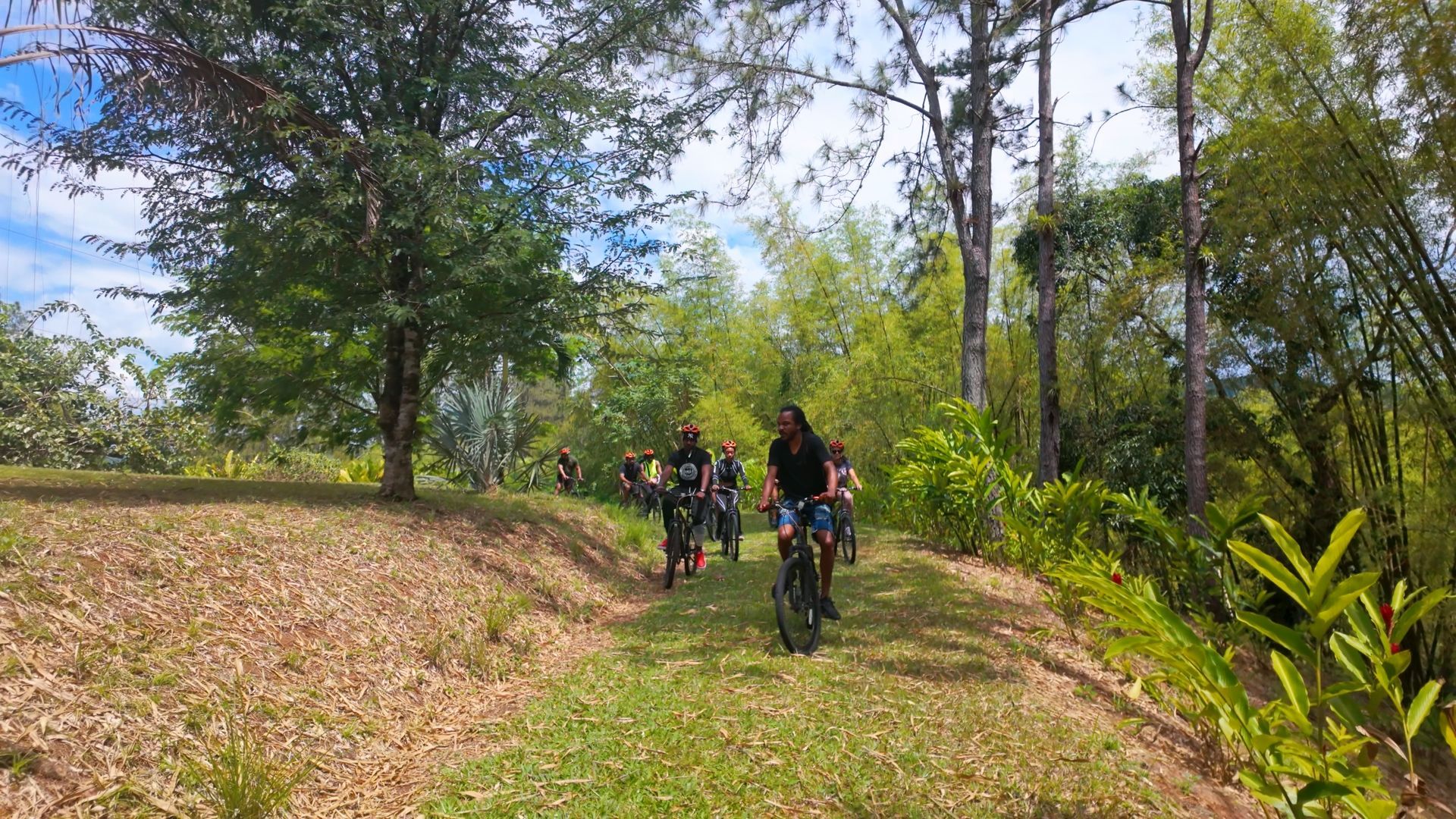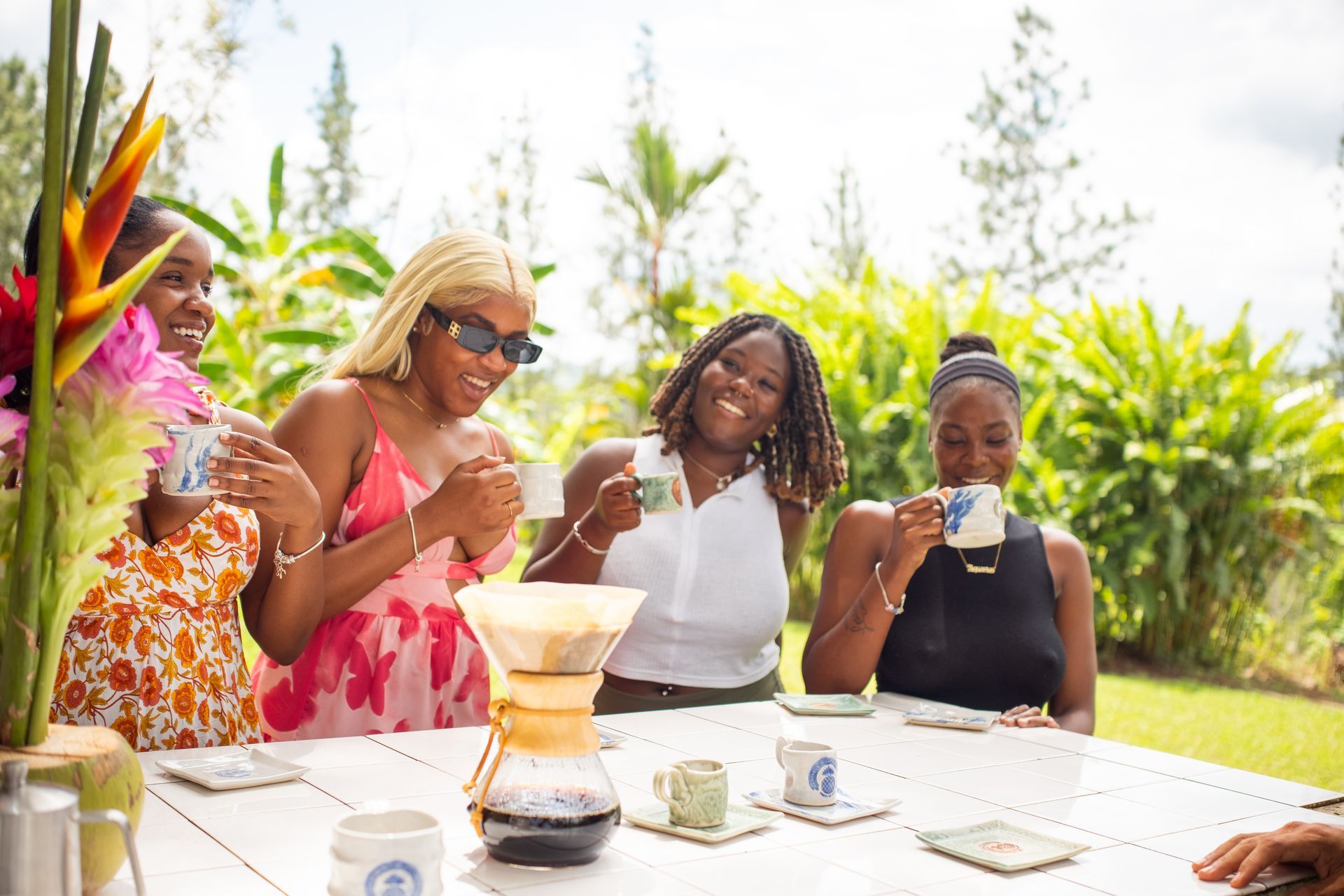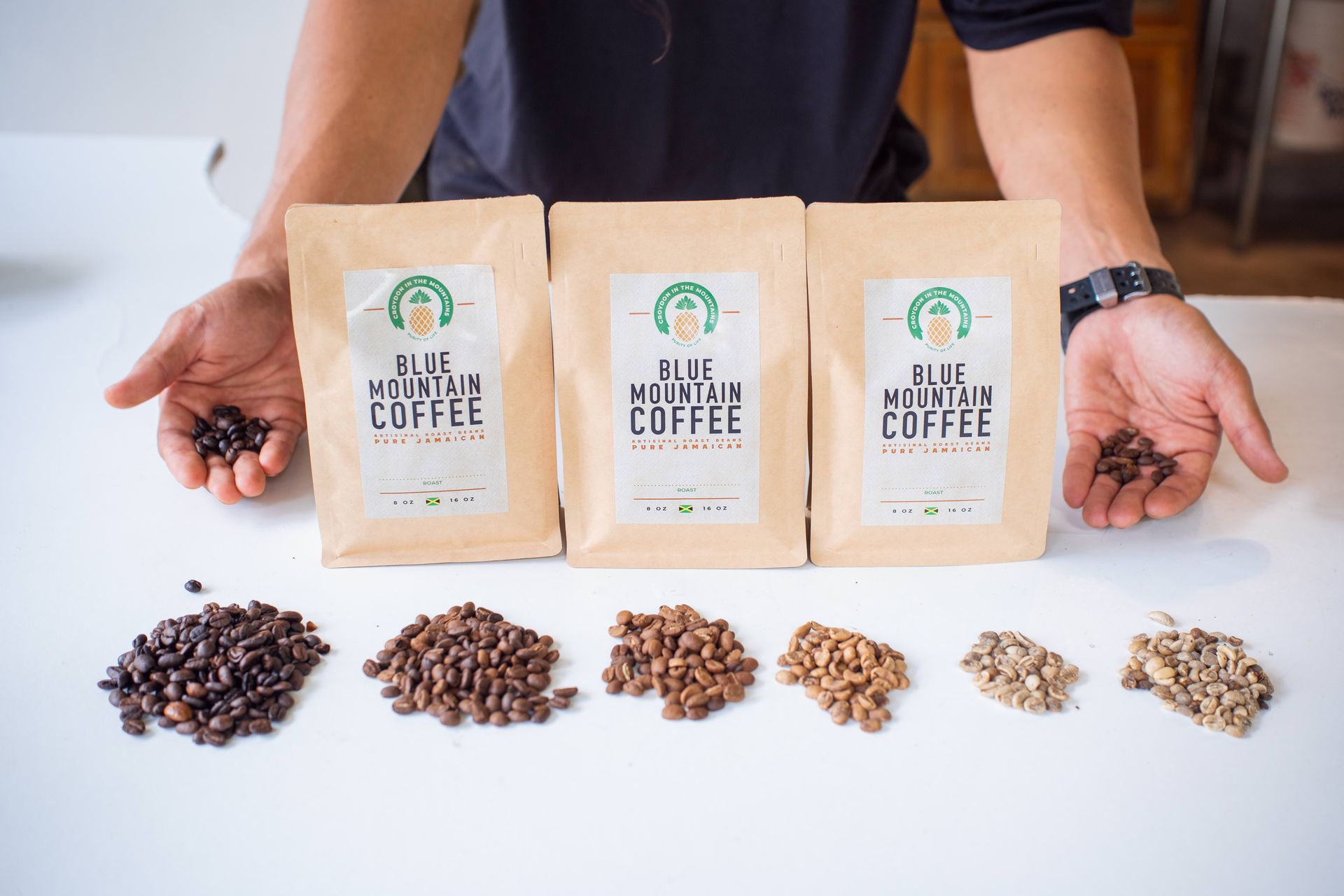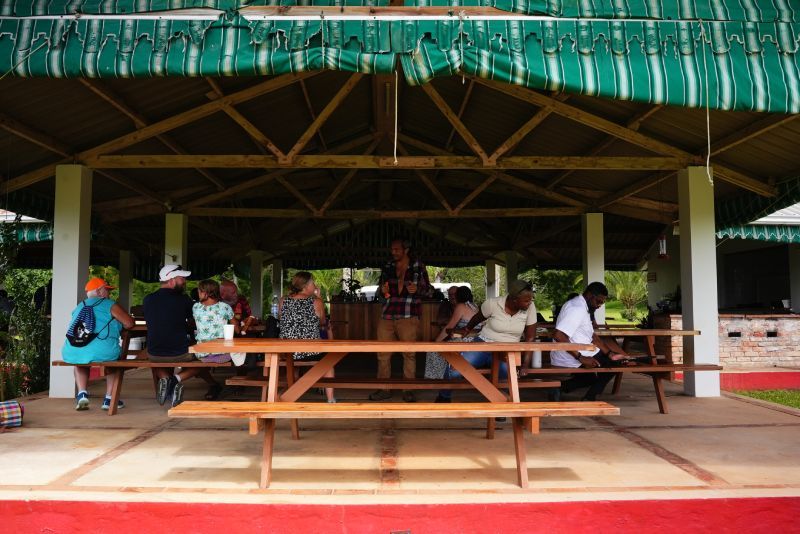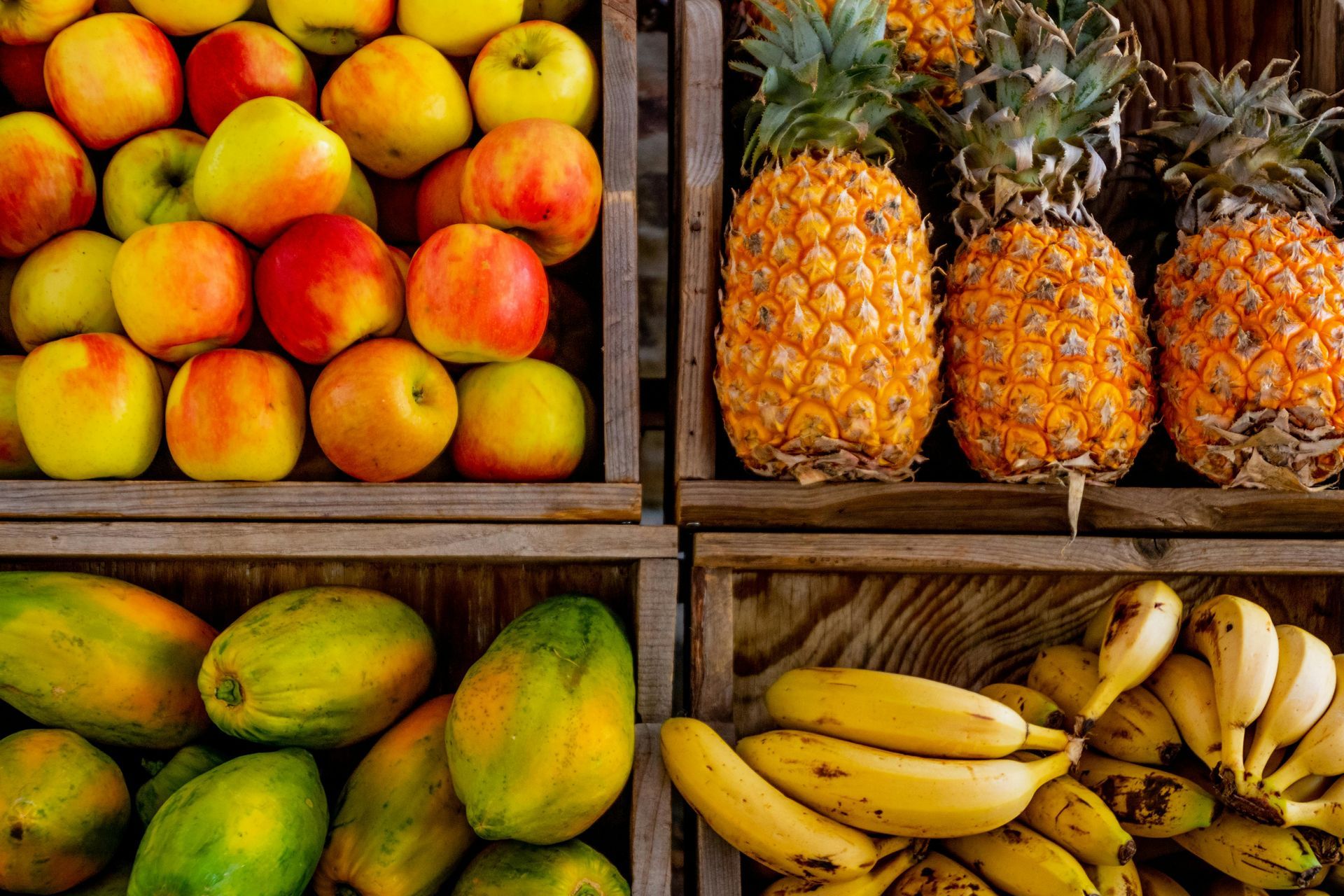Why Fruit Tourism Is Growing in Jamaica: A Complete Guide to This Flavorful Travel Trend
Why Jamaican Fruit Tours Are More Popular Than Ever
Jamaican fruit tours are booming because they offer something most travelers crave today: authenticity, connection, and a full-sensory escape. As more tourists seek immersive experiences that go beyond beaches and buffets, agritourism in Jamaica has emerged as a powerful way to connect with the island’s culture, cuisine, and countryside. One pineapple tasting at a time.
This rise in fruit tourism is powered by travelers’ growing interest in sustainable farming, exotic fruits like jackfruit and soursop, and intimate, educational tours of working plantations. With destinations like
Croydon in the Mountains leading the way, visitors now get to walk the land, taste 19 varieties of pineapple, sip fresh ginger beer, and connect to Jamaica’s agricultural story in a way no resort can replicate.
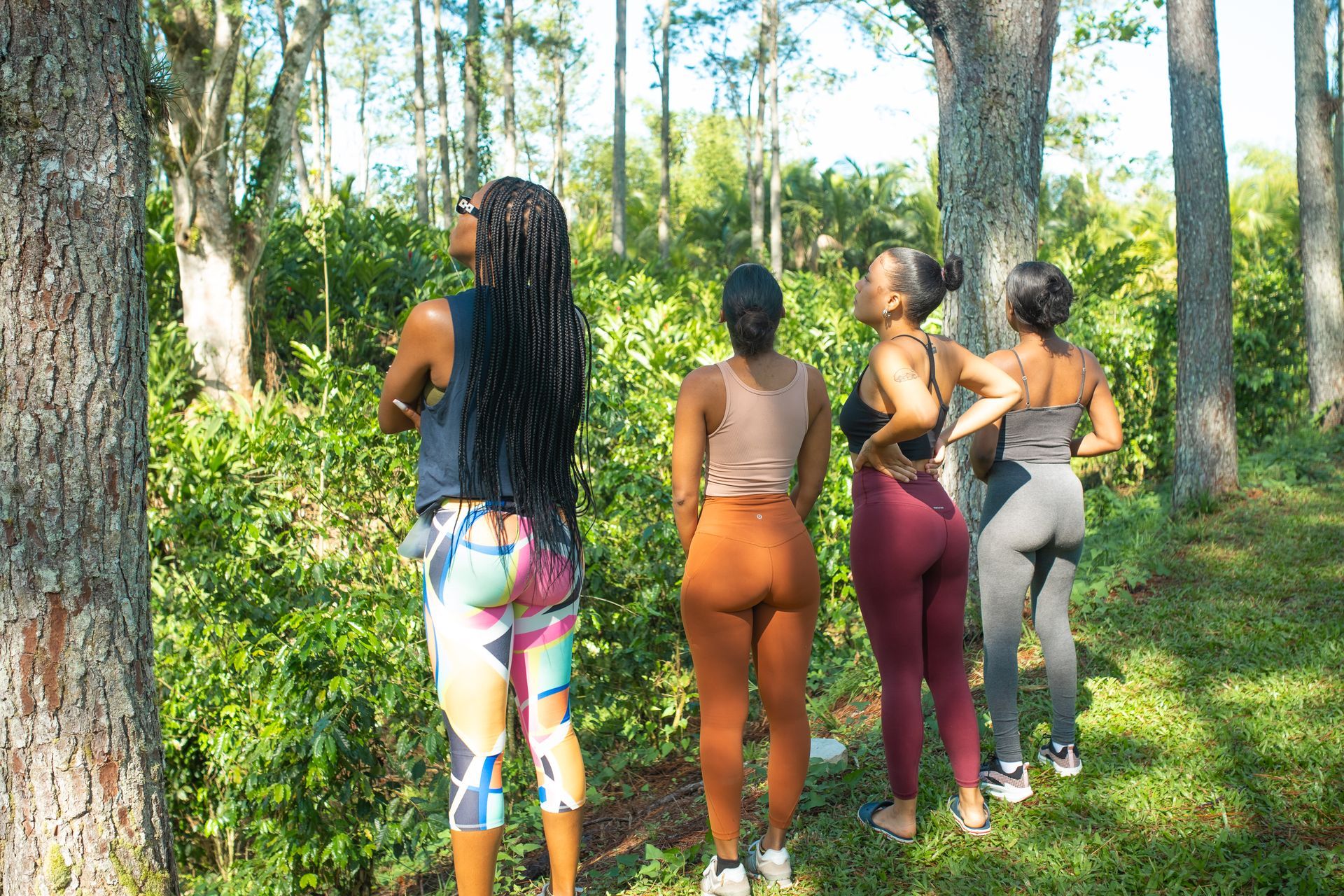
Key Factors That Influence Fruit Tourism in Jamaica
1. A Rich Agricultural Legacy
Jamaica’s fertile mountains are home to exotic fruits and a deep farming history. From pineapples and coffee to lemongrass and cacao, the land offers a natural abundance that few places can match. Farms like Croydon showcase these gifts, giving visitors a guided experience of how the island's fruits are grown, harvested, and used in traditional cuisine.
2. The Rise of Conscious Travel
Modern travelers aren’t just chasing sunsets. They’re chasing meaning. Agritourism aligns perfectly with this desire, offering:
- Sustainable, eco-conscious experiences
- Opportunities to support local farmers
- Cultural immersion through food and storytelling
3. Multi-Sensory Appeal
Fruit tourism isn’t passive. You walk, touch, smell, taste, and learn. On a pineapple plantation tour in Jamaica, for example, you might sample a golden sugarloaf pineapple right from the vine, hear the buzz of local bees, and learn about medicinal plants passed down through generations.
4. Accessibility from Resort Areas
Destinations like Croydon are located just an hour from Montego Bay, making them a perfect half-day escape from the resort bubble. With transportation often included, it’s a low-hassle, high-reward experience.
Common Misconceptions About Jamaican Farm Tours
“It’s Just for Gardeners or Farmers”
Wrong. Jamaican fruit tours are designed for anyone curious about food, culture, or nature. Families, couples, retirees, and even honeymooners have all raved about the experience.
“You Just Walk Around and Look at Plants”
Not at all. At Croydon, for example, you:
- Taste 19 pineapple varieties
- Walk through a hummingbird sanctuary
- Learn about Jamaica’s abolitionist hero, Samuel Sharpe
- Enjoy an authentic Jamaican lunch in a mountain-view pavilion
“Farm Tours Are Too Long or Too Basic”
With most tours lasting 3.5 to 4 hours (excluding transport), they offer the perfect balance between exploration and relaxation. And they’re anything but basic. Expect layered flavors, deep history, and sensory storytelling.
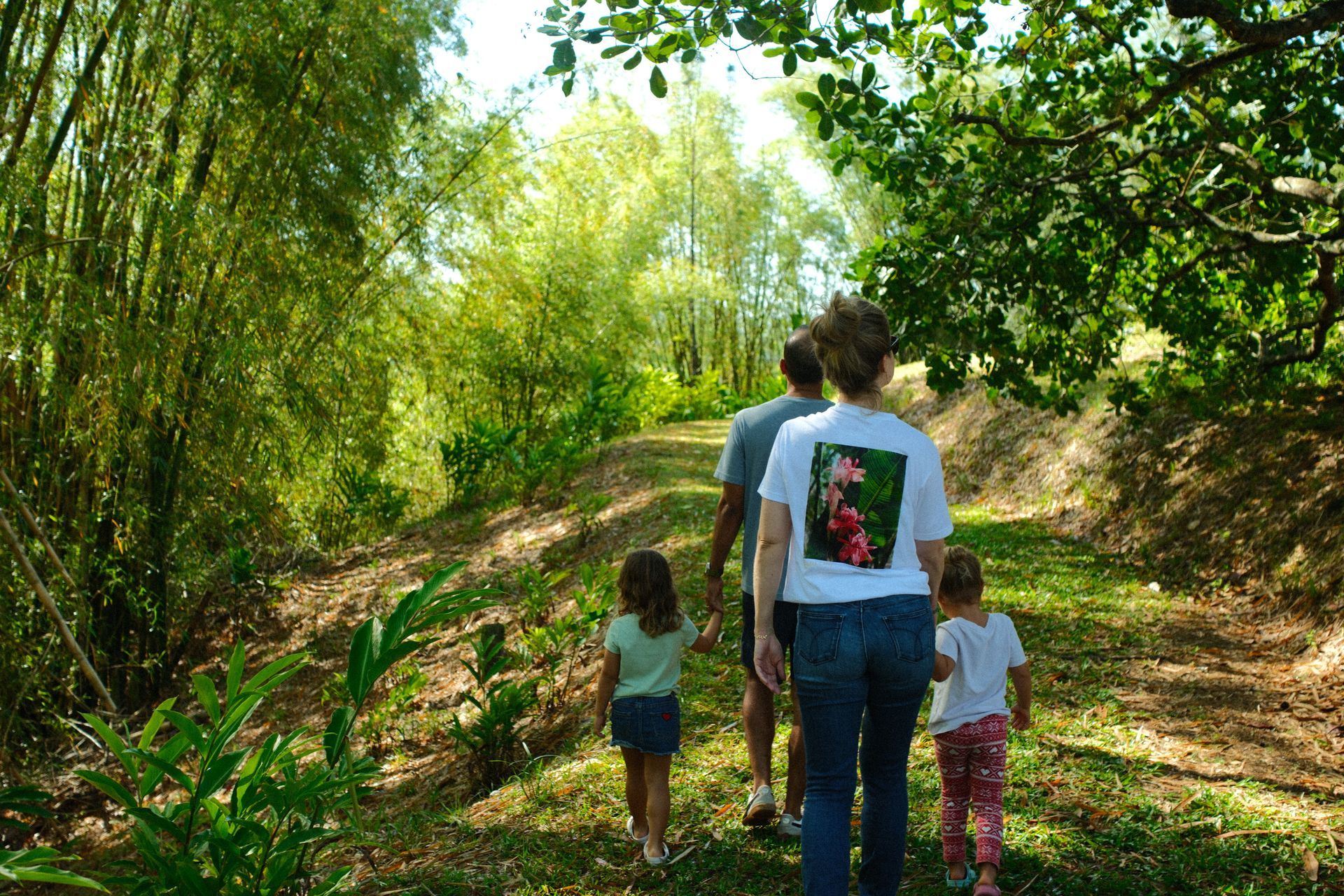
Expert Tips for Enjoying a Fruit Tour in Jamaica
1. Choose a Tour That Includes Tastings
Not all farm tours are created equal. Choose one that includes:
- Guided fruit tastings (especially pineapple and exotic varieties)
- Optional coffee roasting or flower garden extensions
- An included or on-site Jamaican lunch
2. Go With an Open Mind and Empty Stomach
Come ready to try new flavors: soursop, jackfruit, starfruit, guava, and more. Some might be sweet, others tangy or medicinal. Each one with its own story.
3. Talk to the Guides
Ask questions. At Croydon, guides like Alicia and Dylan are walking encyclopedias of Jamaican flora, farming practices, and history. Guests often leave feeling they made a friend.
4. Bring the Family
Many Jamaican farm tours are family-friendly, with slow walking routes and plenty of shade. Children (age 6+) can enjoy the fruit samples and learn about nature firsthand.
How to Prepare for a Jamaican Fruit Tour
- Book early, especially in high season (December to April)
- Wear comfortable walking shoes and breathable clothing
- Bring sunscreen and bug spray
- Carry cash or card for buying fruit, snacks, or souvenirs
- Charge your camera or phone. You’ll want pictures of the mountains, the pineapple fields, and your plate at lunch!
Additional Resources
- Explore Sustainable Travel in Jamaica: Eco-Tourism and Responsible Destinations – This blog highlights Jamaica's top sustainable attractions and gives tips on how to travel responsibly while supporting local communities.
- Explore the Exotic Fruits & Flowers Plantation Tour – This is Croydon in the Mountains’ signature tour, offering hands-on tastings, botanical garden walks, and cultural storytelling set in the lush Catadupa hills.
- Discover the Seasonal Calendar of Jamaican Fruits – This guide breaks down when and where to find 11 of Jamaica’s most iconic fruits, from pineapple to guinep. It’s an essential read for travelers planning a visit during peak harvest months.
- Learn Why Croydon in the Mountains Is Jamaica’s Top-Rated Farm Tour – Get an inside look at the philosophy, history, and local legacy behind this award-winning agritourism experience, located on a 130-acre organic farm.
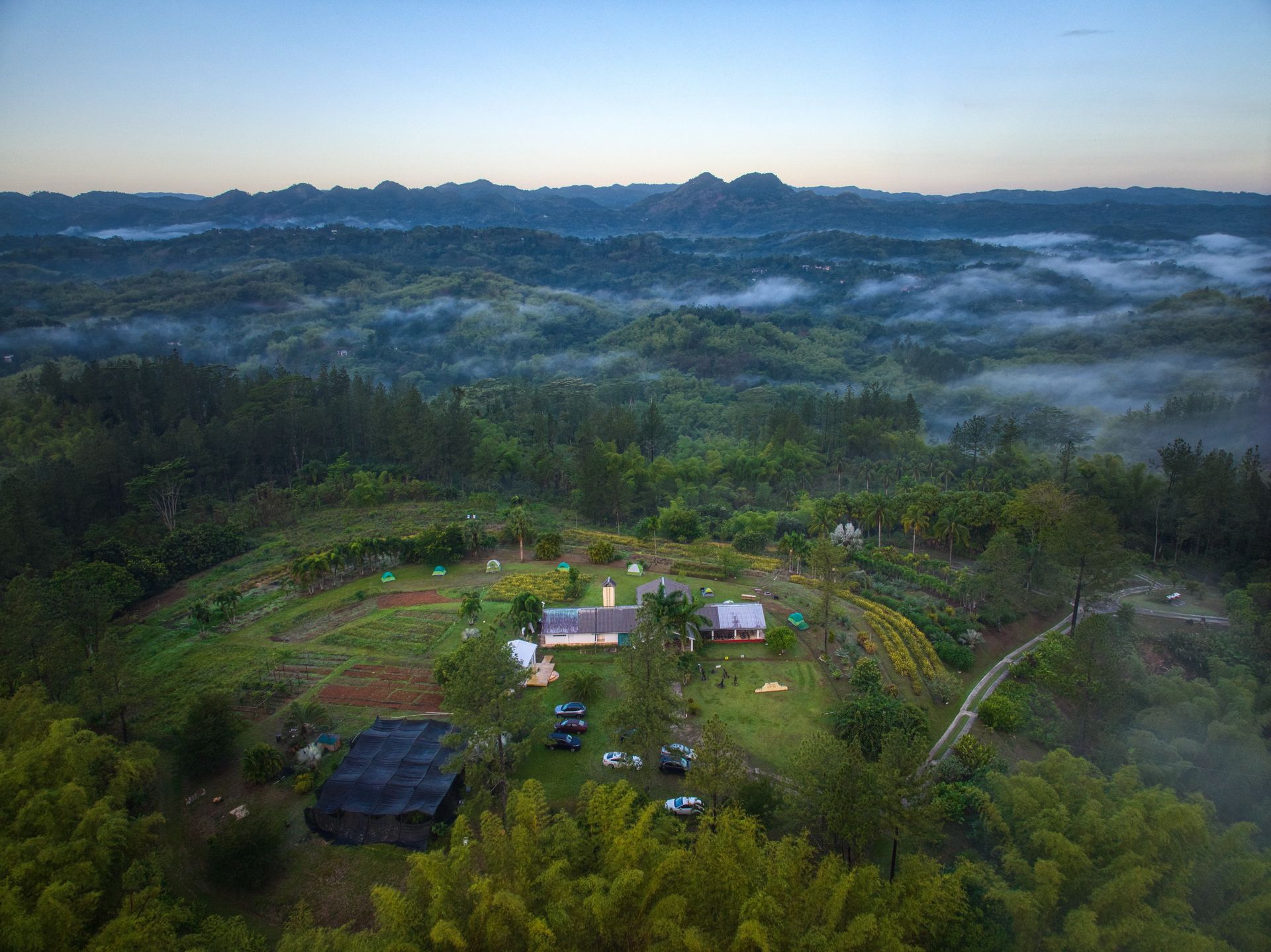
Why This Experience Belongs on Your Jamaica Itinerary
Fruit tourism is growing in Jamaica because it speaks to something deeper than sightseeing: the desire to slow down, savor something real, and connect with the land. Whether you’re tasting pineapples in the hills of Catadupa or learning the story of a freedom fighter among the flowers, Jamaican farm tours offer a soulful kind of travel.
Ready to taste the real Jamaica?
Book your fruit tasting tour at Croydon in the Mountains today and take home more than memories. Take home a story you’ll want to tell again and again.
